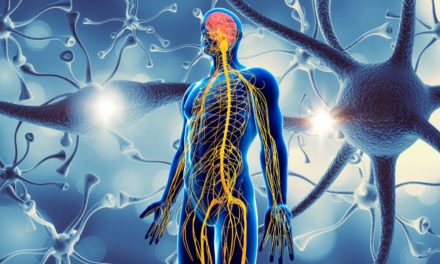Introduction
Nervous debility, also known as nervous exhaustion or neurasthenia, is a condition characterized by a state of extreme physical and mental fatigue. It is often associated with chronic stress, overwork, and prolonged emotional strain. Nervous debility can significantly affect an individual’s ability to function and lead a fulfilling life. In this article, we will provide a comprehensive overview of nervous debility, including its symptoms, potential causes, impact on individuals, and effective holistic treatment approaches. By fostering awareness and understanding, we aim to support those affected by nervous debility and promote strategies for restoring balance and well-being.
Understanding Nervous Debility
Nervous debility is not a specific medical diagnosis but rather a term used to describe a state of extreme exhaustion and weakness, both physically and mentally. It is often linked to chronic stress and emotional strain, leading to a range of physical and emotional symptoms.
Symptoms of Nervous Debility
Symptoms of nervous debility may include:
- Extreme fatigue and weakness
- Persistent headaches
- Insomnia or disturbed sleep patterns
- Irritability and mood swings
- Poor concentration and memory difficulties
- Digestive disturbances
- Muscle aches and tension
Potential Causes of Nervous Debility
Nervous debility can arise from a combination of factors, such as:
- Chronic stress and anxiety
- Overwork and excessive responsibilities
- Lack of adequate rest and relaxation
- Emotional trauma or prolonged grief
- Unhealthy lifestyle habits, such as poor diet and lack of exercise
Impact on Individuals
Nervous debility can have a profound impact on an individual’s physical and emotional well-being. It may lead to reduced productivity, strained relationships, and an overall diminished quality of life.
Holistic Treatment Approaches
- Rest and Relaxation: Prioritize sufficient rest and relaxation to allow the body and mind to recuperate.
- Stress Management: Adopt stress-reduction techniques such as mindfulness, meditation, and deep breathing exercises.
- Balanced Nutrition: Eat a well-balanced diet rich in nutrients to support the body’s energy levels and overall health.
- Regular Exercise: Engage in regular physical activity to release tension and boost endorphins.
- Sleep Hygiene: Practice good sleep habits to ensure restorative sleep and rejuvenation.
- Emotional Support: Seek support from friends, family, or a therapist to process emotions and alleviate emotional strain.
- Time Management: Prioritize tasks and set boundaries to avoid excessive workload and stress.
Professional Help
If nervous debility significantly affects daily life or persists despite self-help strategies, seeking guidance from a healthcare professional or therapist can be beneficial.
Creating a Balanced Lifestyle
Strive to maintain a balanced lifestyle that encompasses work, rest, play, and meaningful connections with others.
Conclusion
Nervous debility is a state of extreme physical and mental fatigue, often arising from chronic stress and emotional strain. By recognizing the symptoms, understanding potential causes, and adopting holistic treatment approaches, individuals can work towards restoring balance and well-being. Emphasizing rest, stress management, balanced nutrition, exercise, and emotional support can play a vital role in overcoming nervous debility and fostering improved physical and emotional health. Together, let us prioritize self-care, foster awareness, and promote a lifestyle that embraces well-being and vitality.










